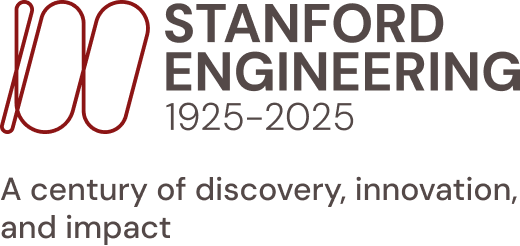Sheri Sheppard: How do we educate a new kind of engineer?
Mechanical engineer Sheri Sheppard got her start in engineering working on the Corvette for General Motors and later worked for both Ford and Chrysler.
Back then, she was among a handful of women engineers in the auto industry, where she learned firsthand the risks a monolithic culture presents.
Today, Sheppard is a professor at Stanford University, where she works to encourage diversity in the student body, in the classroom and in the curriculum. She says that engineering needs to reach beyond the traditional disciplines to tap into sociology, history, ethics, psychology and even philosophy to help engineers explore the “peopleness” in the challenges they are trying to solve.
In that pursuit, she encourages women and minorities eager to transform their field to become what her colleague Deb Meyerson has dubbed “tempered radicals” — leaders who can rock the boat while remaining in the boat. The result, Sheppard tells Stanford Engineering’s The Future of Everything podcast, is more empathetic engineering that benefits everyone in society.



